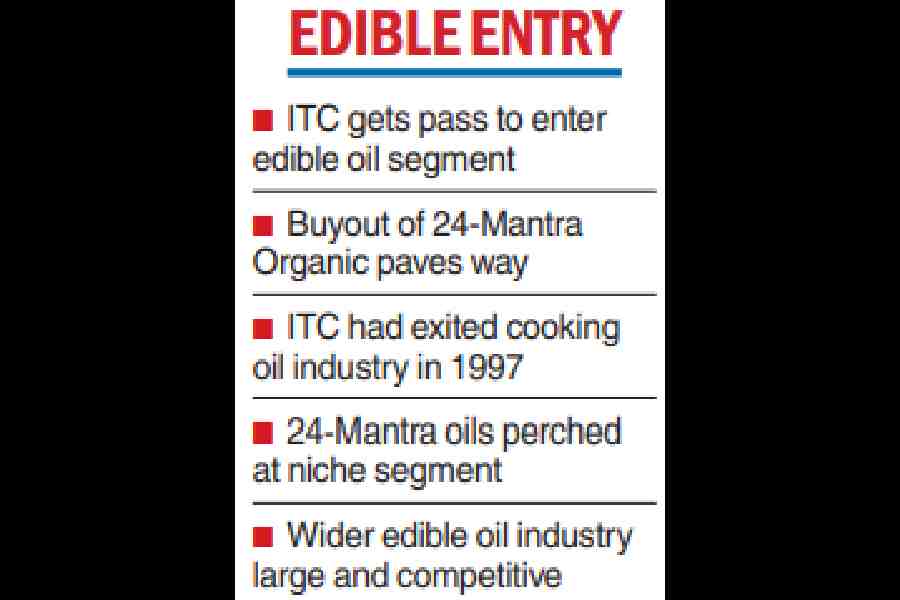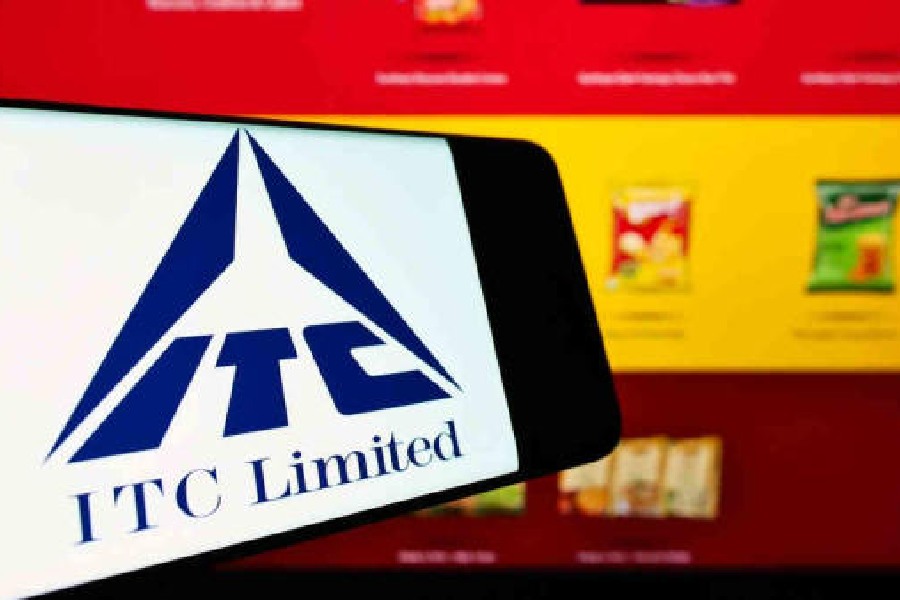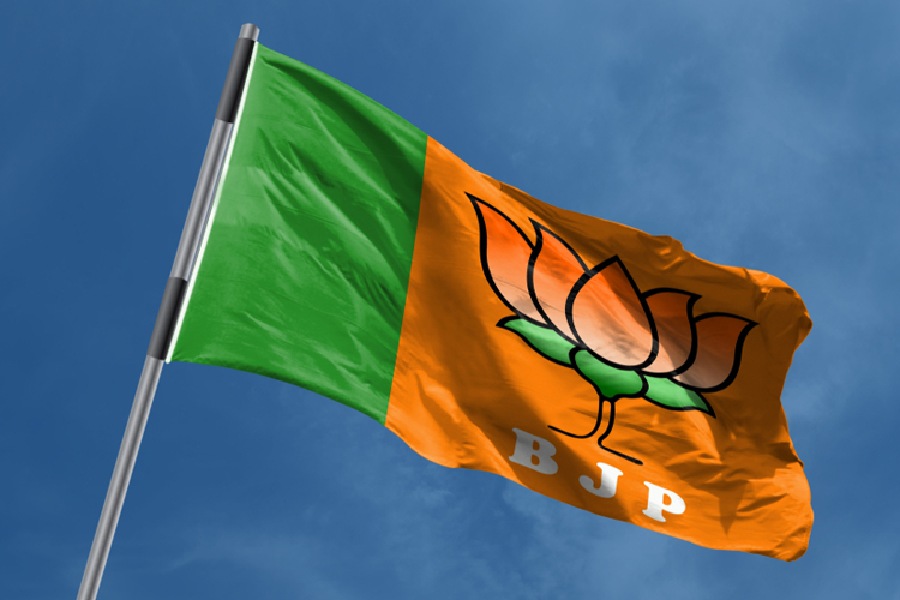ITC is making a quiet re-entry into the fast-growing and competitive edible oil business with the acquisition of 24-Mantra Organic, nearly three decades after it exited the segment.
The Hyderabad-based Sresta Natural Bioproducts Private Limited, which owns the brand, has a wide portfolio of food products focused on the nutrition and organic space, including a range of cooking oils.
With the complete acquisition of SNBPL, which ITC announced on Thursday night, the Calcutta-based conglomerate will now have the option to scale up the edible oil segment all over again, even as the present portfolio of 24-Mantra is at the premium end of the shelf.

For instance, four out of the five cooking oils SNBPL has are “cold pressed”, which are usually marketed as healthier alternatives, having higher nutritional value and hence, priced higher than their regular counterparts. The 24-Mantra has mustard, sunflower, sesame, groundnut and safflower oils.
Refined sunflower oil, under the popular brand Sundrop, used to be one of the top offerings of ITC Agro Tech before the company was sold to US food major ConAgra in 1997. The other well-known brands of ITC Agro Tech were Crystal and Real Gold.
The company undertook a major restructuring in that period, in the early days of the chairmanship of Y.C. Deveshwar. Packaging and hotel business were brought into the fold of ITC Ltd to ensure they get the benefit of the cash flow being generated by the tobacco business to scale up operations rapidly. Food/FMCG segment, which was under the garb of edible oil, was sold off as was the non-banking financial services arm ITC Classic Finance to ICICI Ltd.
It was not until early 2000, when the company decided to foray into the food business with the Aashirvaad brand (atta) and later Sunfeast (biscuits), drawing on the enterprise strength of the business, which straddled agri-sourcing to cuisine (hotels) and distribution (cigarettes) among others. The entry to personal care happened later in the decade.
The FMCG business of ITC has grown by leaps and bounds since then and it now contributes the highest in terms of gross revenue of the conglomerate after cigarettes. In FY24, ITC earned ₹21,002 crore of gross revenue from non-tobacco FMCG and profit before tax of ₹1,789.91 crore on a consolidated basis. For the nine months ending December, it reported gross revenue of ₹16,511.79 crore and PBT of ₹1,244.05 crore. In contrast, 24-Mantra Organic earned a revenue of little over ₹306 crore in FY24.
However, the suit of products SNBPL owns, such as cooking essentials (rice, flower, oil), packaged food (dry fruits, jams and spreads, pasta) and beverages (organic tea) will allow ITC to scale up and branch out going forward, complimenting the existing range it already has in the marketplace.
The FMCG industry would be keenly watching how ITC will work with the newly acquired brand and products, even as it could take at least a couple of months, if not more, before a strategy evolves.
Commenting on the SNBPL acquisition, Abneesh Roy of Nuvama Securities, said ITC paid a “reasonable” price and it would fortify ITC’s presence in the organic food segment. In February, the company acquired Prasuma — a frozen, chilled and ready-to-cook food products maker. Nuvama maintained a “buy” on the stock with a target price of ₹571.
The wider edible oil industry (in contrast to the niche segment of 24-Mantra Organic) is humongous in India, which is estimated to be 30 million tonnes per annum. In terms of consumer packs, the volume is about 20 million tonnes. AWL Agri Business Ltd (formerly Adani Wilmar Ltd) is the leading edible oil brand (Fortune) in India. Ruchi Soya and Emami Agrotech are some of the large players in the business.
The niche segment in which 24-Mantra Organic operates in cooking oil is also getting crowded. Tata Consumer Products Ltd and Dabur, in the listed space, along with a number of start-up/ D2C (direct to consumer) brands, are populating the space, hoping to cash in on the consumer fad of healthy and nutritional food choice, especially after the Covid-19 Pandemic.
The organic food market, estimated to be ₹10,000 crore, is growing at 15-20 per cent, Nuvama’s Roy predicted.











